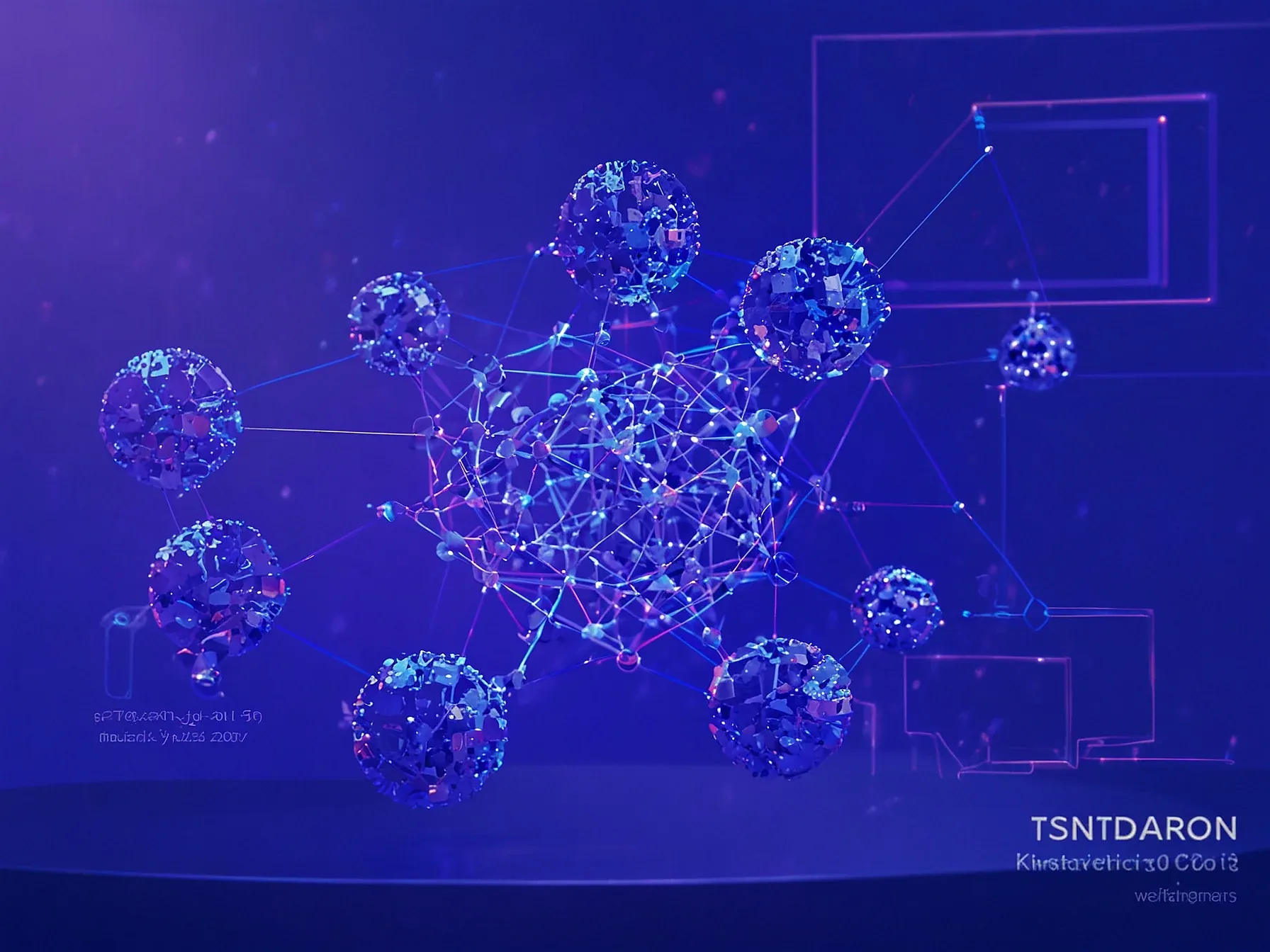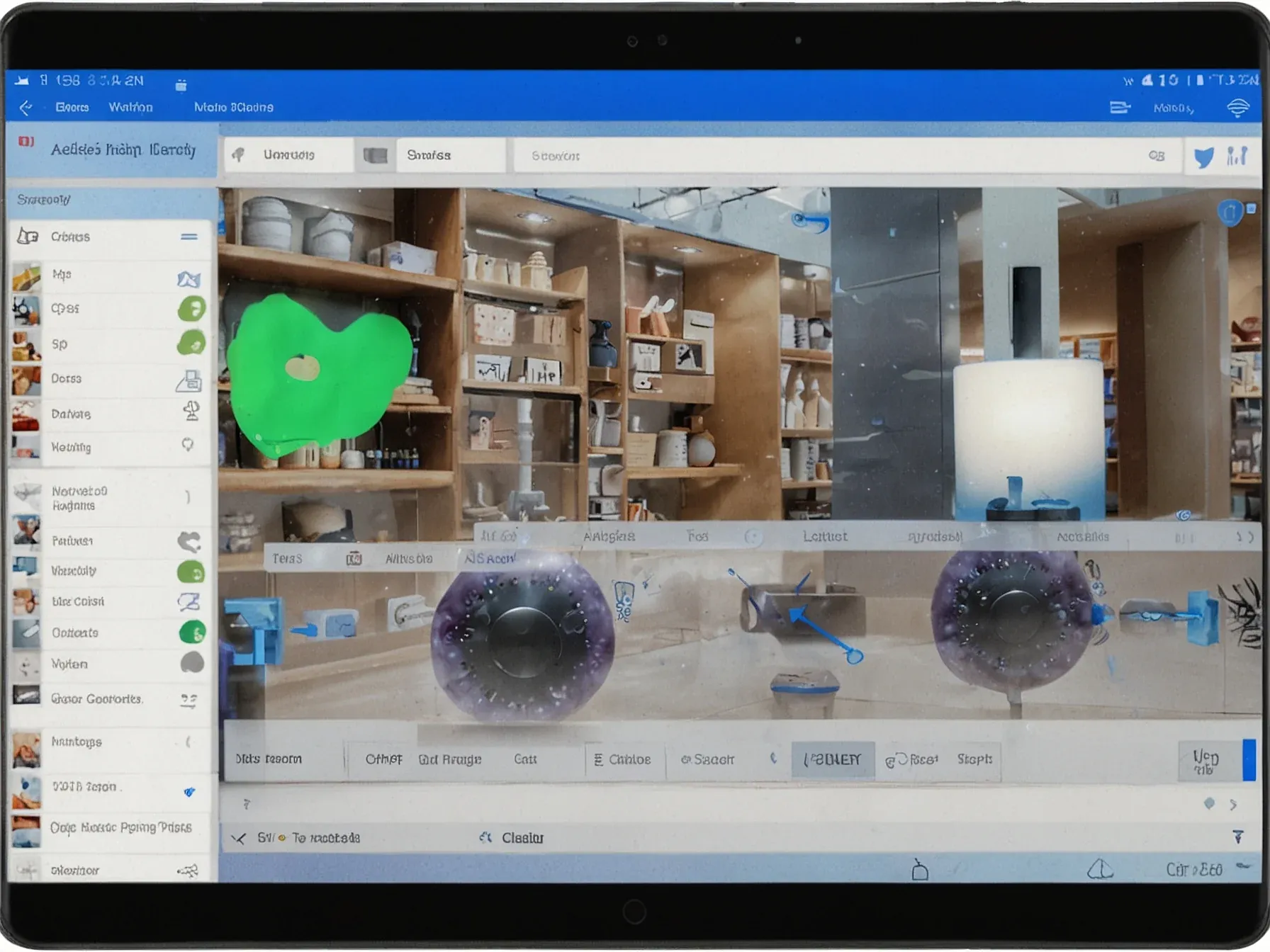
Editorial illustration for ChatGPT's Time-Telling Trouble: AI Falters with Clock Precision, Dates No Problem
ChatGPT Stumbles on Time-Telling: AI's Precision Problem
ChatGPT struggles to report the time in chat, yet can embed the date easily
Artificial intelligence might seem like a technological marvel, but even ChatGPT has its quirks. Recent research highlights a peculiar limitation: the chatbot's surprising struggle with something as simple as telling time.
Tracking precise moments appears to be a surprisingly complex challenge for large language models. While AI can handle complex calculations and generate intricate text, reporting the exact time in real-time conversations seems to short-circuit its capabilities.
Researchers have discovered that embedding time references isn't as straightforward as one might expect. The system can smoothly handle dates without breaking a sweat, but when it comes to minute-by-minute accuracy, ChatGPT stumbles.
This technical hiccup reveals an intriguing vulnerability in what many consider an advanced communication tool. It's a reminder that despite rapid AI developments, these systems still have fundamental limitations that aren't immediately obvious.
The nuances of real-time temporal tracking, it seems, remain a puzzle for even the most sophisticated language models. And that's where things get interesting.
"If we're having a conversation, and then somebody, every so often, was popping in and saying, 'It's 5:45.' 'It's 5:46 now.'" By contrast, something like the date is relatively easy to include in a system prompt at the start of a chat -- which one apparent ChatGPT system prompt leak seems to show. ChatGPT users can tell the time without too much fuss by asking the chatbot specifically to search for it. (Some other chatbots, like Google Gemini, will automatically search for the time.) You can also use an open-source model context protocol to connect an AI application to your data.
That said, sending AI models to search the web or letting them access personal data comes with risks, like the bot being injected with malicious prompts that are scattered across the internet, Minervini said. Minervini, who finds blind spots in consumer AI technology as part of his research, says there's actually a whole list of time-related tasks it hasn't mastered.
ChatGPT's time-telling quirks reveal an intriguing AI limitation. The chatbot seemingly struggles to naturally track moment-to-moment time during conversations, despite handling dates with relative ease.
Users have a simple workaround: directly asking ChatGPT to search for the current time. This suggests the system can retrieve time information when specifically prompted, even if it doesn't smoothly integrate temporal updates.
Interestingly, dates appear much simpler for the AI to embed, potentially through system prompts. One leaked ChatGPT prompt reportedly demonstrates how dates can be smoothly incorporated at a conversation's start.
The time-tracking challenge highlights the nuanced complexities of conversational AI. While ChatGPT excels at many tasks, real-time temporal tracking remains a subtle technical hurdle.
Other AI chatbots like Google Gemini reportedly handle time searches more automatically. But for ChatGPT users, a direct query remains the most reliable method to confirm the current time.
These small technical variations underscore the ongoing refinement of conversational AI systems. Each limitation offers insight into the intricate challenges of creating truly responsive digital assistants.
Common Questions Answered
Why does ChatGPT struggle to track time during conversations?
Large language models like ChatGPT have difficulty naturally integrating moment-to-moment time updates during ongoing conversations. This limitation suggests that while AI can handle complex tasks, real-time temporal tracking remains a challenging aspect of conversational AI.
How can users get the current time from ChatGPT?
Users can directly ask ChatGPT to search for the current time, which allows the AI to retrieve accurate time information. Some alternative chatbots like Google Gemini automatically search for and display the current time without a specific prompt.
Why are dates easier for ChatGPT to handle compared to precise time tracking?
Dates can be more easily included in system prompts at the start of a chat, making them simpler for AI to manage. In contrast, tracking moment-to-moment time changes during a conversation appears to be a more complex computational challenge for large language models.







